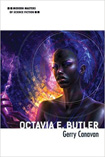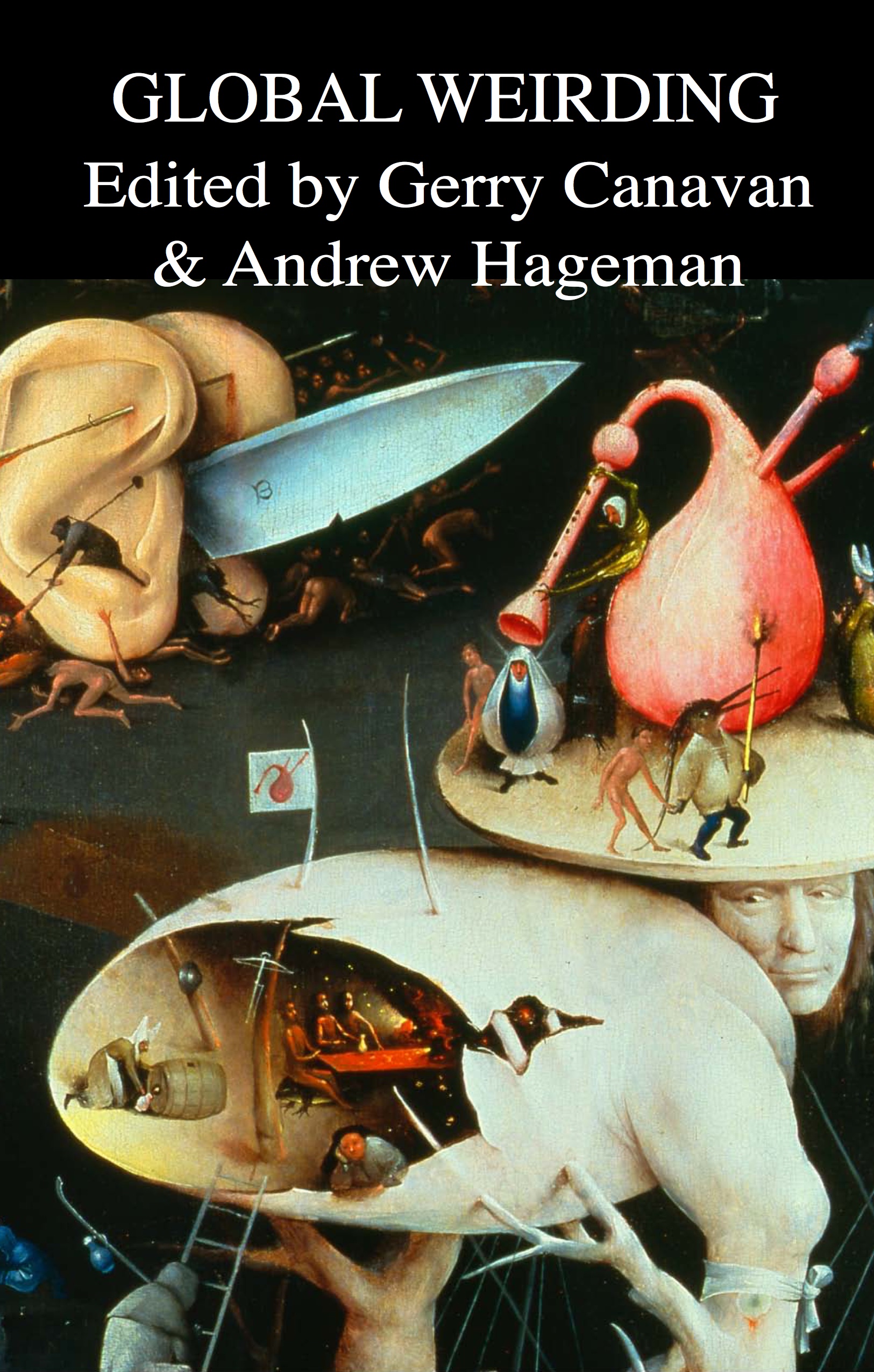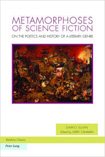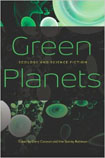Posts Tagged ‘Burn After Reading’
Late Night
Late night.
* ‘Our Phony Economy’: Why measuring GDP doesn’t tell us much of anything we need to know. In Harper’s, via MeFi.
The purpose of an economy is to meet human needs in such a way that life becomes in some respect richer and better in the process. It is not simply to produce a lot of stuff. Stuff is a means, not an end. Yet current modes of economic measurement focus almost entirely on means. For example, an automobile is productive if it produces transportation. But today we look only at the cars produced per hour worked. More cars can mean more traffic and therefore a transportation system that is less productive. The medical system is the same. The aim should be healthy people, not the sale of more medical services and drugs. Now, however, we assess the economic contribution of the medical system on the basis of treatments rather than results. Economists see nothing wrong with this. They see no problem that the medical system is expected to produce 30 to 40 percent of new jobs over the next thirty years. “We have to spend our money on something,” shrugged a Stanford economist to the New York Times. This is more insanity. Next we will be hearing about “disease-led recovery.” To stimulate the economy we will have to encourage people to be sick so that the economy can be well.
 * Springfield Punx Simpsonizes celebrities and superheroes. At right: Tobias Fünke.
* Springfield Punx Simpsonizes celebrities and superheroes. At right: Tobias Fünke.
* Al Giordano says Tim Kaine is growing on him for VP.
The number one rule in choosing a vice presidential nominee is “first, do no harm.” If you’re a presidential nominee, you don’t want a running mate that will distract from you, commit gaffes, speak off-message, or that secretly thinks he or she is too good to be number two.
And the second rule is, “then, do some good.” You want a VP that will reinforce your messages and make voters more comfortable with you.
Kaine is so far passing both tests with flying colors.
I’m not there yet—as I’ve mentioned before, just about everything I hear about Kaine turns me off—but Al’s instincts have never steered me wrong. I guess we’ll see.
* What are the essential reads in literary fantasy? Personally I’d have to start my list with heavy-hitters from the twentieth century (and my bookshelf) like Kafka, Borges, García Márquez, and Calvino…
* Mission accomplished, corporations! Wal-Mart employee voluntarily enforces her entirely false belief that “copyright lasts forever.”
* And will Burn After Reading, the new Coen Brothers comedy, be the new greatest movie of all time? All signs point to yes:









